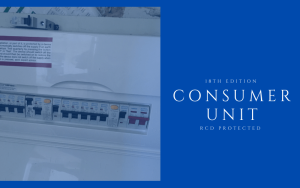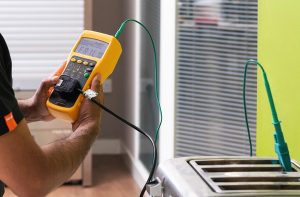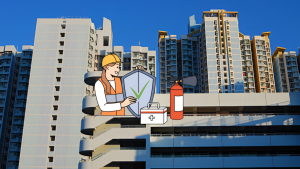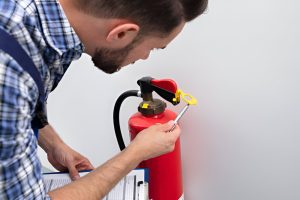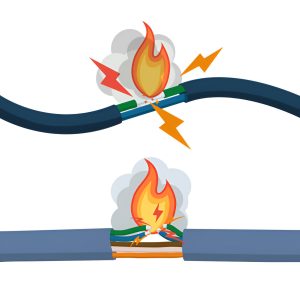Gas safety certificates, like all good things, have their designated lifespan. Understanding the duration of validity is not just a matter of routine; it’s a lifeline for ensuring safety in our gas-dependent environments.

Curious to know how often you need to renew these certificates to keep everyone safe and sound? Let’s explore this essential aspect together to ensure we’re always on top of our safety game.
Gas Safe Qualification Information
Regularly renewing Gas Safe qualifications is imperative to ensure that engineers remain legally competent to work on gas appliances. The renewal process typically involves completing relevant assessments and paying renewal fees.
Gas Safe qualifications usually last for five years, after which engineers must undergo the renewal process to stay compliant. This not only upholds industry standards but also ensures professional development through continuous training. The training benefits include staying updated with the latest regulations and techniques in the gas industry.
Engineers can choose from various qualification pathways such as NVQ/SVQ, QCF, and ACS Gas Scheme to demonstrate their competence. Adhering to industry standards and ethics is paramount for maintaining gas safety, and Gas Safe qualifications are a testament to an engineer’s commitment to safety and professionalism.
Therefore, continuous renewal and professional development are essential components of maintaining Gas Safe qualifications and ensuring the highest level of competency in working with gas appliances.
Importance of Gas Safe Qualification
The Gas Safe Qualification plays a critical role in ensuring the competence and safety of engineers working with gas appliances in the UK. Enhancing competency is at the core of the Gas Safe Qualification, as it equips engineers with the necessary skills and knowledge to handle gas-related tasks effectively.
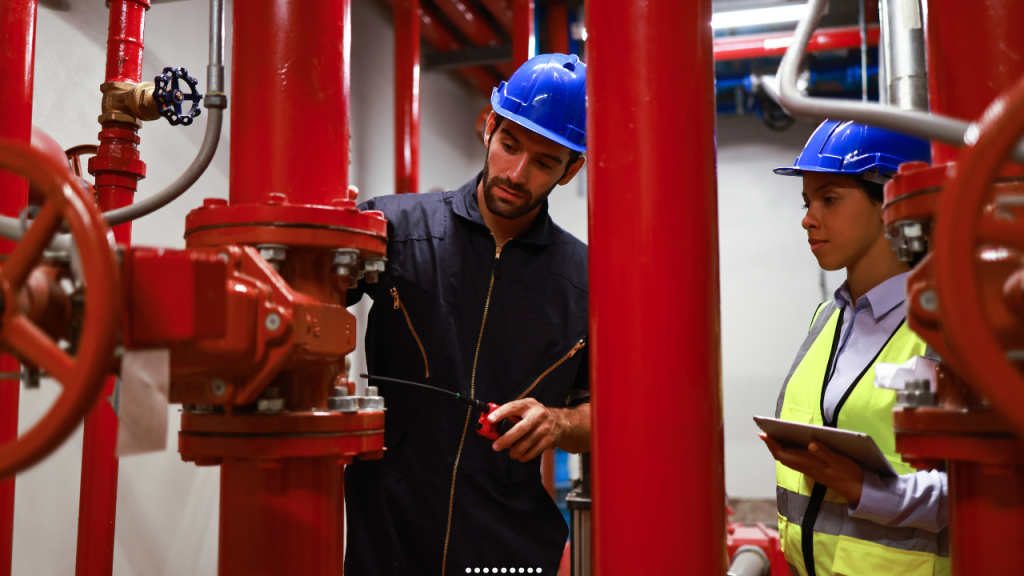
By building trust through professional credibility, this qualification assures customers of the engineer’s ability to work safely with gas. Ensuring safety is paramount, as gas-related incidents can have severe consequences.
The Gas Safe Qualification also focuses on skill development, enabling engineers to stay updated on industry standards and practices. Continuous learning and adherence to safety regulations are essential components of maintaining this qualification.
Gas Safety Certificate Validity
Transitioning from the importance of Gas Safe Qualification, a critical aspect to consider in gas appliance maintenance is the validity period of the Gas Safety Certificate. Gas Safety Certificates are valid for 12 months from the issue date, essential for landlords and property managers to ensure ongoing safety through regular maintenance checks.
It’s the landlord’s responsibility to schedule safety checks, renew the certificate annually, and keep up with renewal reminders to avoid legal penalties and safeguard tenant well-being. To initiate the renewal process, landlords can easily book online for a Gas Safety Certificate appointment with a Gas Safe registered engineer.
Ensuring the certification duration is up-to-date not only satisfies legal obligations but also guarantees the continual compliance with safety regulations, providing peace of mind for both landlords and tenants. Regular renewal of the Gas Safety Certificate is paramount in upholding safety standards and preventing potential gas-related hazards in residential properties.
Compliance and Verification Procedures
When verifying a Gas Safety Certificate, it’s imperative to validate the engineer’s registration with the Gas Safe Register to ensure compliance and authenticity. The verification process involves contacting the Gas Safe Register directly to confirm the engineer’s credentials and check the certificate’s validity.
This step is crucial for safety assurance and to guarantee that the individual conducting the gas work is qualified and authorized to do so. Ensuring engineer registration is up to date is a key aspect of compliance validation, as only Gas Safe registered engineers are legally permitted to work on gas appliances.
Consequences of Non-Compliance
Verifying a Gas Safety Certificate is a critical step to ensuring compliance and safety, with severe consequences awaiting those who fail to uphold the necessary standards. Non-compliance can lead to significant legal consequences, including fines of up to £6000 and imprisonment for a duration of up to six months.
In the most severe cases where non-compliance results in a tenant’s death, manslaughter charges may be brought against the responsible party. Beyond the legal ramifications, failing to adhere to gas safety regulations poses serious safety risks. Defective appliances marked as ‘Immediately Dangerous’ or ‘At Risk’ require immediate repairs to prevent potential hazards. Gas engineers may need to disconnect gas supplies to mitigate dangers.
It’s crucial for landlords to promptly address any issues flagged in gas safety inspections to avoid these financial penalties, potential imprisonment, and grave legal repercussions.
Tenant Safety and Legal Obligations
Ensuring tenant safety and meeting legal obligations hinges on the timely provision of a valid Gas Safety Certificate prior to occupancy. Tenant rights are protected through this certificate, which is a legal obligation for landlords when renting out a property. Property regulations mandate that tenants can’t move in without this crucial document, ensuring safety compliance and upholding legal requirements.
Landlords carry significant responsibilities in providing a safe living environment, with the Gas Safety Certificate being a cornerstone of these obligations. Compliance with safety regulations is paramount to avoid penalties and safeguard tenant well-being.
Frequently Asked Questions
What Are the Common Reasons for a Gas Safety Certificate to Become Invalid Before the 12-Month Expiry Date?
Early expiration can occur due to faulty installation, neglected maintenance, incorrect readings, or gas leaks. These issues compromise certificate validity. Regular checks and prompt repairs are crucial to ensure gas safety and compliance.
Can a Gas Safety Certificate Be Transferred to a New Owner or Tenant if the Property Changes Hands Within the Validity Period?
Ownership transfer within the validity period requires a new gas safety certificate. Tenant responsibility involves informing the new owner. Legal implications demand compliance. Safety is paramount; proper documentation management ensures continuous compliance and tenant safety.
Are There Any Specific Requirements or Recommendations for Storing Gas Safety Certificates for Easy Access and Reference?
Storing gas safety certificates properly is vital for easy retrieval. I recommend digital backups for accessibility. Organize certificates by date and property for quick reference. Ensuring efficient storage maintains compliance and safety standards.
How Often Should a Landlord or Property Manager Conduct Gas Safety Checks Beyond the Annual Gas Safety Certificate Renewal?
As a landlord, I ensure gas safety checks are conducted annually beyond certificate renewal. Adhering to safety regulations and maintenance schedules is crucial. Property assessments should be thorough to protect tenant safety and comply with legal obligations.
Are There Any Additional Precautions or Steps to Take if a Property Has Multiple Gas Appliances or Complex Gas Systems That Require Regular Maintenance and Monitoring?
Regular maintenance of multiple gas appliances and complex systems requires diligent monitoring. Precautionary measures include scheduling frequent inspections, ensuring proper ventilation, and promptly addressing any issues. Compliance with safety protocols is paramount for optimal functionality.
Conclusion
In conclusion, maintaining up-to-date gas safety certificates is essential for ensuring the safety and well-being of individuals relying on gas appliances.
Understanding the validity period of these certificates and adhering to compliance procedures is crucial in upholding safety standards.
By staying informed and proactive in renewing gas safety certificates, we can fulfill our legal obligations, protect tenants, and mitigate the risks associated with non-compliance in this critical aspect of our work.



